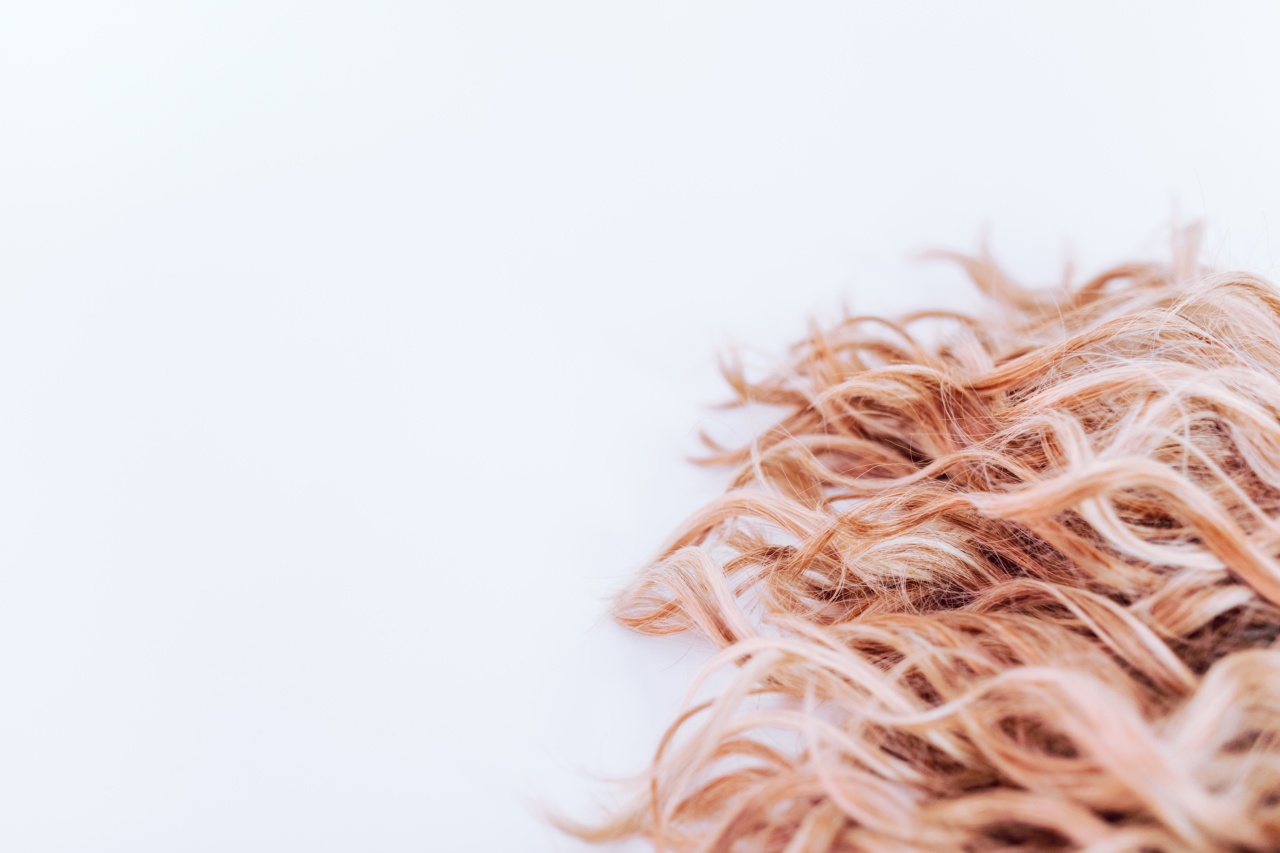Winter is a season that brings about many changes, not only in the weather but also in our skin. The cold and dry air can wreak havoc on our skin, causing dryness, itchiness, and even hives.
It is essential to take extra care of your skin during this time to ensure it stays healthy and comfortable. In this article, we will explore some tips and remedies for managing dry skin and hives in winter.
Understanding Dry Skin
Dry skin is a common issue during the winter months. The cold air outside and the heated indoors can strip the skin of its natural moisture, leaving it dry, tight, and flaky. Dry skin can become itchy, uncomfortable, and prone to developing hives.
Tips for Managing Dry Skin in Winter
1. Moisturize regularly:.
One of the most important steps to combat dry skin is to moisturize regularly. Choose a moisturizer that is suitable for your skin type and contains hydrating ingredients like hyaluronic acid or glycerin.
Apply it immediately after showering or bathing to lock in the moisture.
2. Use a humidifier:.
The dry indoor air can further dehydrate your skin. Consider using a humidifier in your home to add moisture back into the air. This can help prevent your skin from drying out excessively.
3. Avoid hot showers:.
Although it may be tempting to take a hot shower or soak in a hot bath during the winter, hot water can strip your skin of its natural oils. Opt for lukewarm water instead and limit your bathing time to prevent further drying of the skin.
4. Wear appropriate clothing:.
Protect your skin from the harsh winter elements by wearing clothing made of soft fabrics like cotton or silk. These materials will be gentle on your skin and minimize irritation.
5. Stay hydrated:.
Remember to drink enough water throughout the day, even though it may not feel as necessary as it does during the hot summer months. Staying hydrated from the inside out will benefit your skin as well.
What Are Hives?
Hives, also known as urticaria, are itchy, red, and swollen welts that can appear anywhere on the body. They often appear suddenly and can last from a few hours to several weeks.
Cold weather can trigger hives in some individuals, especially when combined with dry skin.
Treatment and Prevention of Hives
1. Identify and avoid triggers:.
If you notice that cold weather triggers your hives, try to limit your exposure to cold temperatures. Use warm clothing and avoid extreme temperature changes.
2. Moisturize your skin:.
Keeping your skin well-moisturized can help prevent hives. Apply a hypoallergenic moisturizer regularly to keep your skin hydrated and create a protective barrier.
3. Take antihistamines:.
If you experience moderate to severe hives, consider taking over-the-counter antihistamines to relieve itching and reduce the appearance of hives. Consult with a healthcare professional before taking any medication.
4. Use cold compresses:.
If hives occur, applying a cold compress to the affected areas can provide relief and reduce swelling. Wrap ice in a clean cloth and gently press it against the hives for a few minutes at a time.
5. Seek medical advice:.
If your hives persist, worsen, or interfere with your daily life, it’s important to consult a healthcare professional. They can evaluate your symptoms, determine the underlying cause, and recommend appropriate treatment.
Home Remedies for Dry Skin and Hives
1. Oatmeal bath:.
An oatmeal bath can soothe dry, itchy skin and provide relief from hives. Simply add a cup of colloidal oatmeal to lukewarm bathwater and soak for 15-20 minutes. Pat your skin dry gently and apply a moisturizer.
2. Coconut oil:.
Coconut oil is a natural moisturizer that can help alleviate dryness and reduce itchiness. Apply a small amount of organic, unrefined coconut oil to your skin after showering or bathing.
3. Aloe vera gel:.
Aloe vera gel has soothing and moisturizing properties. Apply pure aloe vera gel to dry areas or hives to alleviate itching and promote healing.
4. Petroleum jelly:.
Petroleum jelly forms a protective barrier on the skin, sealing in moisture. Apply a thin layer of petroleum jelly to dry areas before going to bed to help prevent dryness and hives.
5. Calamine lotion:.
Calamine lotion can provide relief from itching caused by hives. Apply it directly to the affected areas and leave it on for as long as needed.
Conclusion
Winter can be harsh on our skin, causing dryness and hives. By following the tips mentioned above and utilizing home remedies, you can effectively manage dry skin and prevent or alleviate hives during the winter season.
Remember to moisturize regularly, stay hydrated, and protect your skin from the cold. If hives persist or worsen, it’s important to seek advice from a healthcare professional.






























